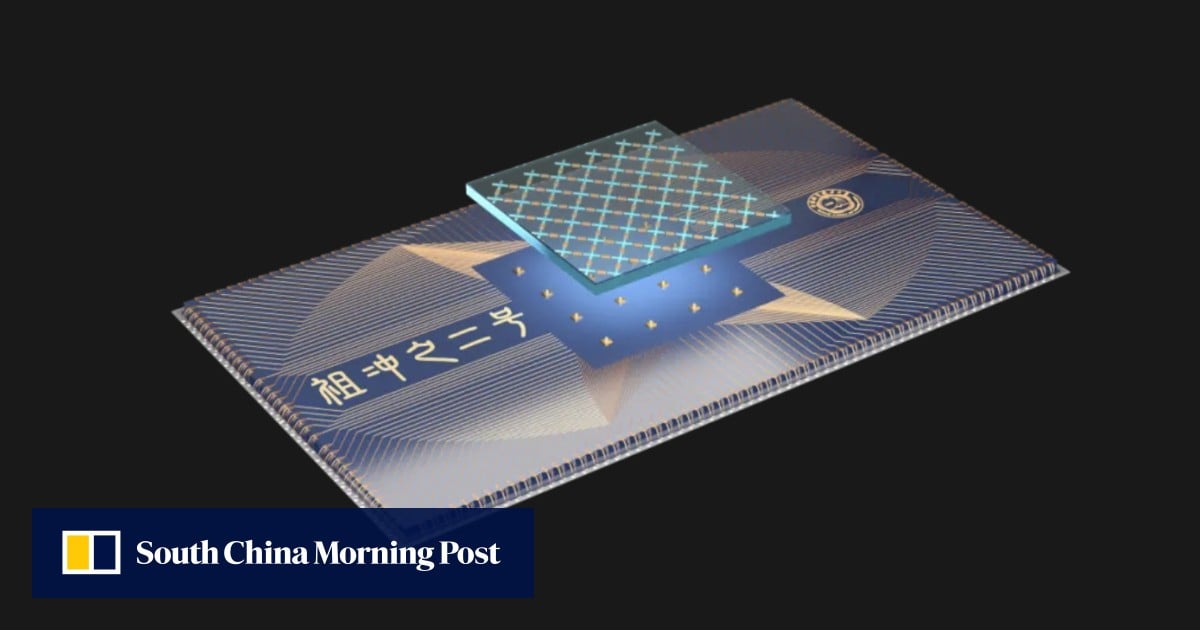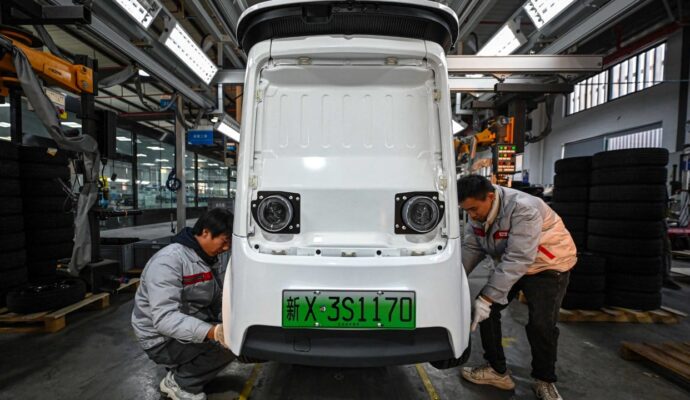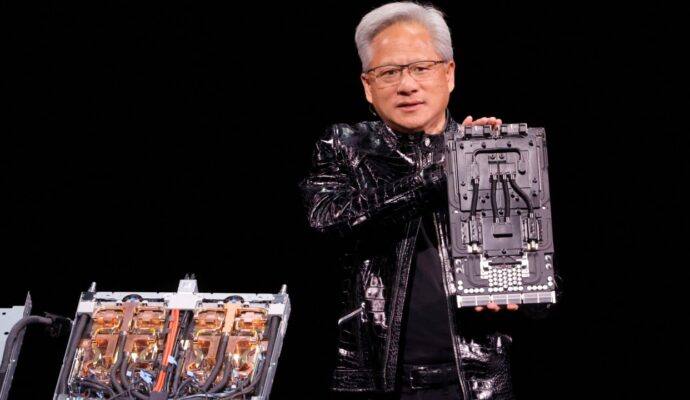
This achievement marks the first experimental realisation of what scientists call non-equilibrium higher-order topological phases. These offer a new way to store quantum information that does not easily break down, which has been a major challenge for quantum computers.
Advertisement
In the paper, Pan, along with other researchers from USTC and Shanxi University, showed a way to simulate and detect the strange and extremely complex matter states with super stable corners or hinges instead of surfaces or edges.
Advertisement
This new kind of matter, which does not exist in nature, could allow for quantum computers to operate correctly even in the presence of errors or noise, which is a current limitation on machine complexity owing to the sensitivity of quantum bits – the fundamental units of quantum information, also known as qubits – to their environment.


